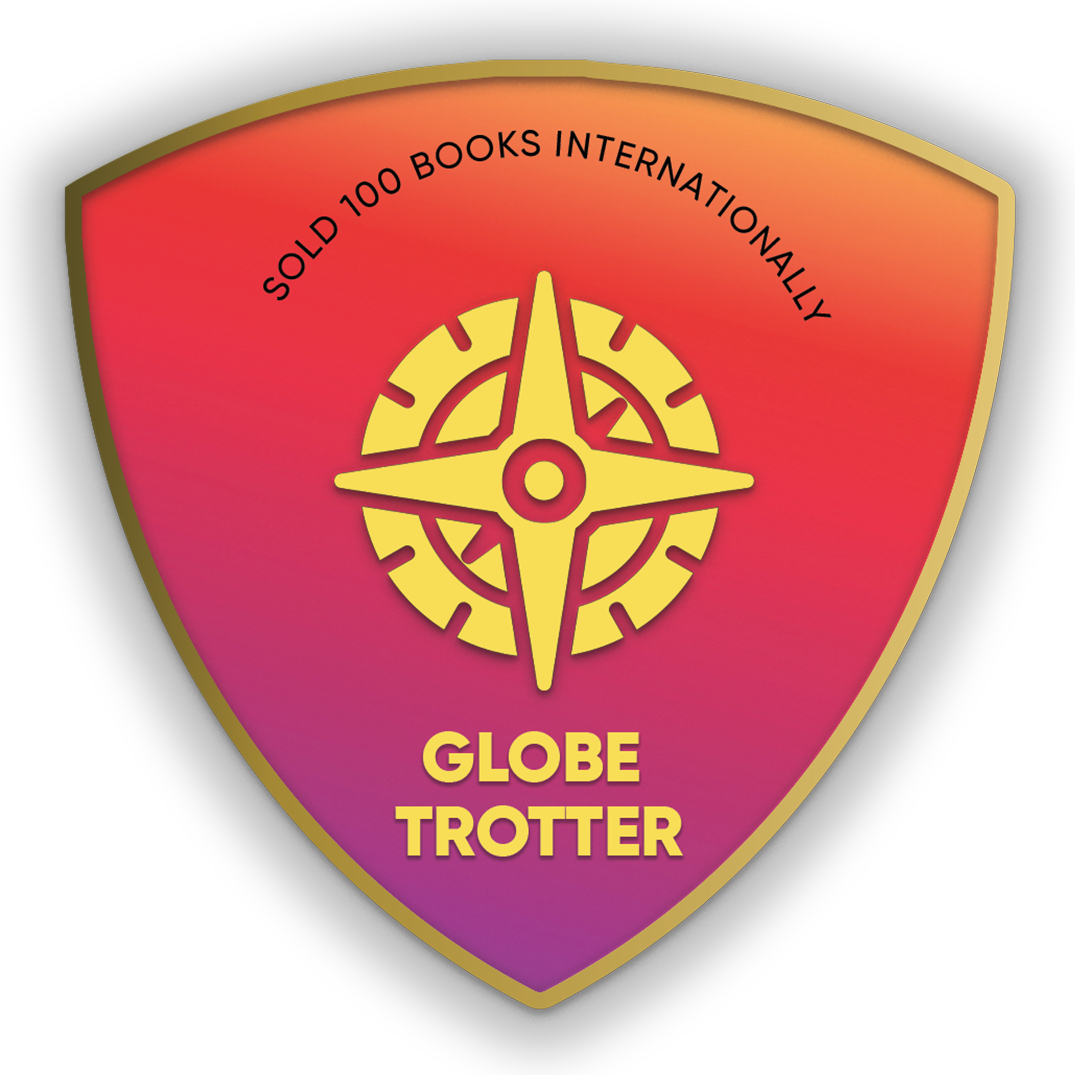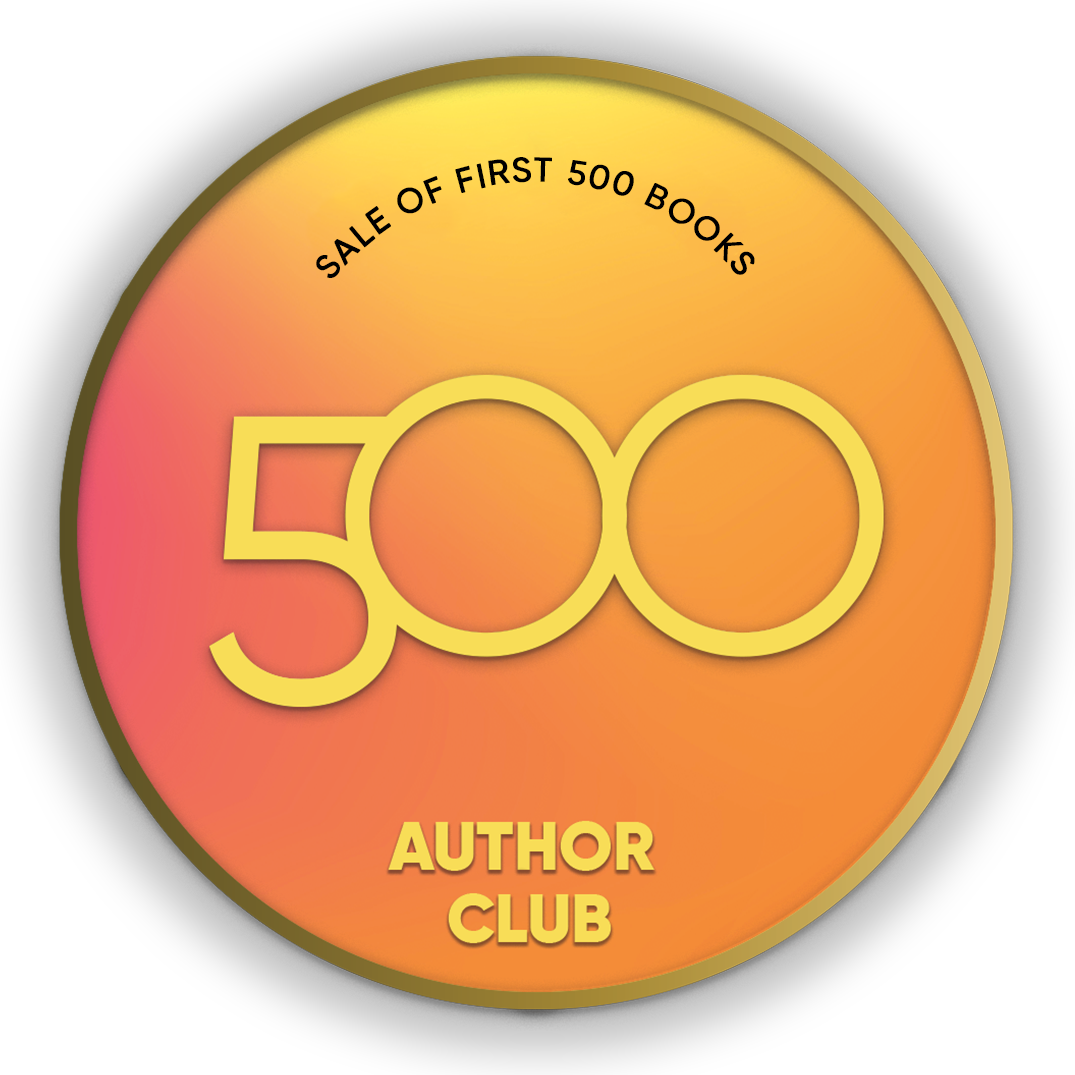
- Discover books
- For Writers
-
For Writers
-
Indie Author Championship
-
Challenges
Writing Contests
- Get Started

"It was a wonderful experience interacting with you and appreciate the way you have planned and executed the whole publication process within the agreed timelines.”
Subrat SaurabhAuthor of Kuch Woh Pal -
Edward P Butler
Edward P. Butler received his doctorate in Philosophy from the New School for Social Research in 2004 for his dissertation, “The Metaphysics of Polytheism in Proclus”. Since then, he has published regularly in academic journals and edited volumes, primarily on Platonism, the polytheistic philosophy of religion, and the theologies of several polytheistic traditions. From 2014 to 2019, he was the co-editor of an independent academic journal, Walking the Worlds: A Biannual Journal of Polytheism and Spiritwork, and presently serves on the advisory board of the journal Oscillations: Non-StandarRead More...
Edward P. Butler received his doctorate in Philosophy from the New School for Social Research in 2004 for his dissertation, “The Metaphysics of Polytheism in Proclus”. Since then, he has published regularly in academic journals and edited volumes, primarily on Platonism, the polytheistic philosophy of religion, and the theologies of several polytheistic traditions. From 2014 to 2019, he was the co-editor of an independent academic journal, Walking the Worlds: A Biannual Journal of Polytheism and Spiritwork, and presently serves on the advisory board of the journal Oscillations: Non-Standard Experiments in Anthropology, the Social Sciences, and Cosmology. A practicing polytheist, he promotes the understanding of polytheism and the preservation, restoration and revival of polytheistic traditions around the globe as the director of the Center for Polytheism Studies at INDICA. More information about his work is available at his site, henadology.wordpress.com.
Read Less...Crop your profile image

The City of the Gods
Books by Edward P. Butler
Plato's Republic is one of the most widely read philosophical texts in the world today, and yet it is never read as it was in antiquity, but instead through the lens of modern concerns and preconceptions. This book seeks to recover the ancient wisdom of this text about justice in the soul and in the community. This comprehensive book-by-book companion to Plato's text, informed by the ancient Platonic commentary tradition, restores to the Republic
Plato's Republic is one of the most widely read philosophical texts in the world today, and yet it is never read as it was in antiquity, but instead through the lens of modern concerns and preconceptions. This book seeks to recover the ancient wisdom of this text about justice in the soul and in the community. This comprehensive book-by-book companion to Plato's text, informed by the ancient Platonic commentary tradition, restores to the Republic its systematic context in the fabric of Platonic thought, its metaphysical significance, and most of all, its profound polytheist piety and mystical insight.
The Way of Being
Books by Edward P. Butler
The success of Western powers in the Modern era has enabled the Western civilizational perspective and its self-understanding to present itself to the rest of the world, not as one perspective among others, but as the universal and definitive human perspective and as the culmination of the world’s intellectual and spiritual development according to principles supposedly objective and self-evident. The hegemony of this civilizational perspective makes it impe
The success of Western powers in the Modern era has enabled the Western civilizational perspective and its self-understanding to present itself to the rest of the world, not as one perspective among others, but as the universal and definitive human perspective and as the culmination of the world’s intellectual and spiritual development according to principles supposedly objective and self-evident. The hegemony of this civilizational perspective makes it imperative that the basic elements of the Western paradigm of thought referenced by Western geopolitical power as the source of its legitimacy be grasped and critiqued. This book, using as its basis a relatively standard sequence of works seen as comprising the ‘Western Canon’, seeks to provide the foundation for such awareness, both to appreciate the wisdom in this intensely contested tradition as well as recognizing its hazards.
Polytheism and Indology
Books by Edward P. Butler
India has been producing knowledge for thousands of years. But entry into the contemporary globalized setting of knowledge has demanded a reckoning with powers that have sought to determine exclusively the terms upon which India might enter. The nineteenth century saw the colonization of India and its reduction to an object of study, rather than a producer of knowledge for itself and the world. This book explains why the arrival of India upon the European inte
India has been producing knowledge for thousands of years. But entry into the contemporary globalized setting of knowledge has demanded a reckoning with powers that have sought to determine exclusively the terms upon which India might enter. The nineteenth century saw the colonization of India and its reduction to an object of study, rather than a producer of knowledge for itself and the world. This book explains why the arrival of India upon the European intellectual scene provoked a crisis, the response to which was the creation of the discipline of Indology, with the effective mission of taming India’s spiritual traditions by gaining control over the interpretation of their sacred texts. Polytheism and Indology makes the results of Vishwa Adluri and Joydeep Bagchee’s inquiry in The Nay Science: A History of German Indology available in a more concise form, as well as broadening and deepening the scope of their inquiry.
The Way of the Gods
Books by Edward P. Butler
Polytheisms may well be the world’s most undervalued cultural resource. From the dawn of history until quite recently, the default religious orientation on the planet was to recognize an open-ended plurality of unique divinities that manifest in every realm of natural and social life. By hosting a plurality of Gods, polytheistic civilizations exhibit maximum diversity in maximum solidarity – each one is a multiverse. Polytheism has been at the heart of the
Polytheisms may well be the world’s most undervalued cultural resource. From the dawn of history until quite recently, the default religious orientation on the planet was to recognize an open-ended plurality of unique divinities that manifest in every realm of natural and social life. By hosting a plurality of Gods, polytheistic civilizations exhibit maximum diversity in maximum solidarity – each one is a multiverse. Polytheism has been at the heart of the most ancient and resilient civilizations on Earth. Yet polytheist traditions have been stigmatized and persecuted for centuries, countless of them have been eradicated and prejudice against them and the very idea of a multiplicity of Gods continue to distort how they are perceived both by outsiders and in many cases even among their participants. This book offers an overview of continuous and revived polytheistic traditions from around the world together with critical discussions of the issues affecting them and their reception, offering a basis for further study and comparison.

Are you sure you want to close this?
You might lose all unsaved changes.
Select from one of our global stores to continue
 India
India
 Malaysia
Malaysia
 Singapore
Singapore
 UAE
UAE
Warning Message
The items in your Cart will be deleted, click ok to proceed.














